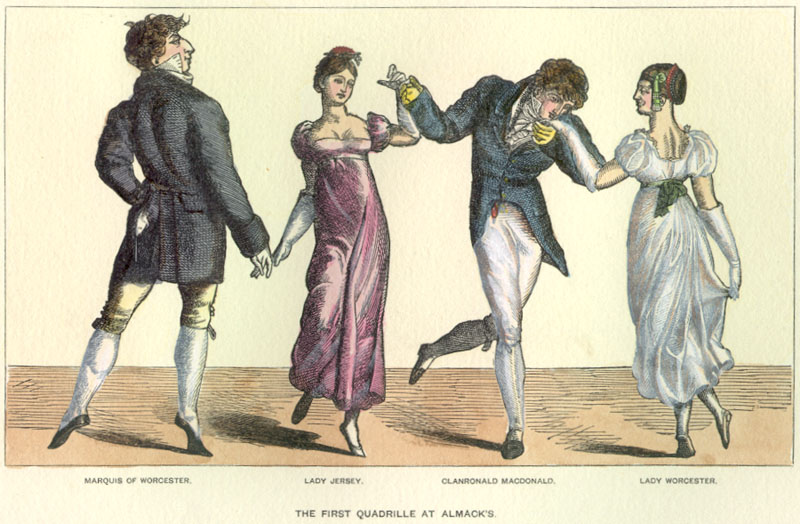Trisha Urmi Banerjee wins Richard Stein Prize for “Austen Equilibrium”
INCS: Interdisciplinary Nineteenth-Century Studies has just announced the winner of its Richard Stein Prize for best article published in 2018, Trisha Urmi Banerjee’s “Austen Equilibrium,” published in Representations 143 (Summer 2018).
Reviewers for the prize noted the essay’s “smart, well-structured, interdisciplinary argument and use of game theory” and its engagement with “the under-theorized nature of Austen’s ‘economy of writing.’” One reviewer noted: “I think Banerjee’s reading intervenes in an impressive number of critical conversations (about Austen’s style, narrative time, realism) and cuts across different kinds of methodologies (formal, historical, theoretical), in a clear, compelling, and even exciting way.” Another described how the essay “uses innovative methodologies to take on big ideas and develops them with real clarity and significance.”
 Of the essay, Banerjee herself writes: “By proposing a quantitative game-theory model of the marriage plot in Jane Austen’s Emma, the essay demonstrates that free-market moral philosophy underwrites Austen’s representation of matrimony and key formal elements of her writing—particularly, matters of verbal profusion. Her famed stylistic ‘economy’ is revealed to be structured by the emerging capitalist economy that Adam Smith theorized in The Wealth of Nations. Establishing the correspondences among several kinds of economy, the essay unites economic and formal approaches to Austen’s work.”
Of the essay, Banerjee herself writes: “By proposing a quantitative game-theory model of the marriage plot in Jane Austen’s Emma, the essay demonstrates that free-market moral philosophy underwrites Austen’s representation of matrimony and key formal elements of her writing—particularly, matters of verbal profusion. Her famed stylistic ‘economy’ is revealed to be structured by the emerging capitalist economy that Adam Smith theorized in The Wealth of Nations. Establishing the correspondences among several kinds of economy, the essay unites economic and formal approaches to Austen’s work.”
 TRISHA URMI BANERJEE received her PhD in English from Harvard University and is now based in Paris. “Austen’s Equilibrium” derives from her second book project, which uses economic modeling and theory to understand the “economics” of narrative language and structure.
TRISHA URMI BANERJEE received her PhD in English from Harvard University and is now based in Paris. “Austen’s Equilibrium” derives from her second book project, which uses economic modeling and theory to understand the “economics” of narrative language and structure.
